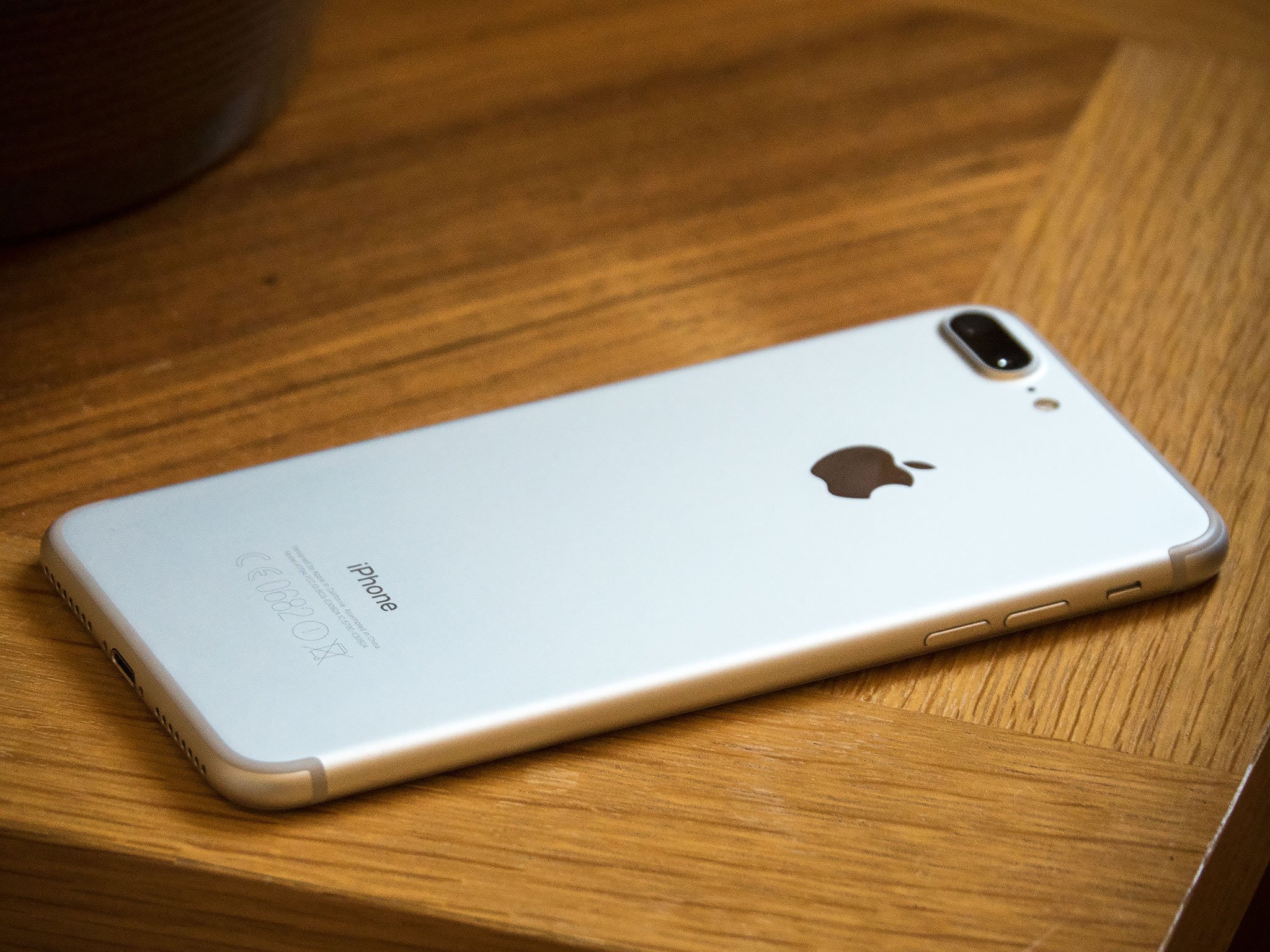Report claims iPhone exceeds safe radiofrequency radiation limits

What you need to know
- A report from The Chicago Tribune claims many popular smartphones exceed safe radiofrequency radiation limits.
- Apple responded to the report, saying its devices are in compliance with regulations.
- The FCC confirmed it will investigate the Tribune's findings.
A new report from The Chicago Tribune claims many popular iPhone models exceed safe radiofrequency radiation limits. In fact, the report implies that Apple lied to federal regulators about the radiofrequency radiation emitted from a device like the iPhone 7.
According to the Tribune, which commissioned the testing at an accredited lab, the iPhone 7 measured double over the legal safety limit, with some data showing more than double what Apple reported to federal regulators.
The Tribune was transparent about how it conducted it tests, although it admitted that the testing was limited in scope:
Standard test: The phones were tested in accordance with FCC rules and guidelines. Exposure was measured at two distances from the simulated body: the distance the manufacturers chose for their own premarket testing (5, 10 or 15 millimeters) and a closer "pocket test" at 2 millimeters.Modified test: The Apple and Motorola phones were retested after those companies provided feedback based on the results. These tests added steps intended to activate sensors designed to reduce the phones' power. Two newly acquired phones also underwent the modified tests.NOTE: The Tribune tested several iPhone 7s because of high results from a pilot test.
In response to the Tribune's report, Apple released a short statement, saying that the company's devices are in compliance with guidelines set by regulators:
All iPhone models, including iPhone 7, are fully certified by the FCC and in every other country where iPhone is sold," the statement said. "After careful review and subsequent validation of all iPhone models tested in the (Tribune) report, we confirmed we are in compliance and meet all applicable ... exposure guidelines and limits.
Apple's iPhone wasn't the only device that exceeded safe radiofrequency radiation limits, according to the Tribune. Samsung's Galaxy S8, when tested at 2 millimeters from the simulated body, also exceeded safe limits. Samsung responded to the Tribune's report by saying its devices comply with Federal Communication Commission (FCC) regulations.
The Tribune said the lab where testing was conducted created "what was essentially a worst-case scenario in terms of radiofrequency radiation exposure," meaning the conditions aren't typical for the average consumer. The paper noted it's unclear whether radiofrequency radiation from modern smartphones causes harm.
The FCC said it plans to perform more testing over the next few months to determine if the devices tested by the Tribune meet safety standards.
iMore offers spot-on advice and guidance from our team of experts, with decades of Apple device experience to lean on. Learn more with iMore!

